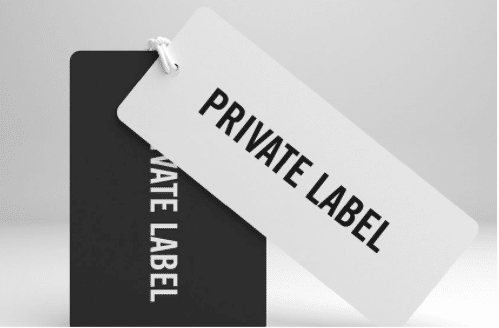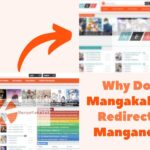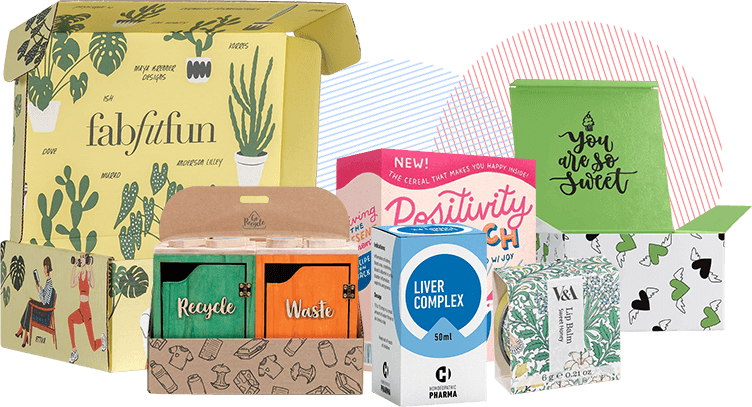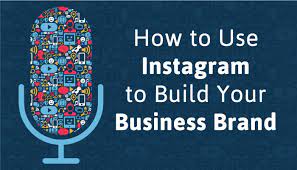Growth is beautiful and uplifting, especially during threatening times. While 2019-2020 will be recognized as the challenging years of the onset of the COVID pandemic, we also celebrate its silver lining.
These extraordinary times will also be remembered as the years when eCommerce truly peaked. In North America and the rest of the world, eCommerce retail sales rose year after year, but they skyrocketed after the pandemic hit. What’s more, it’s still going strong, and the numbers are still increasing.
As consumers avoided shopping in brick-and-mortar stores, B2C sales rose, and so did private label brands. This phenomenon makes sense as they bear more value for retailers and online platforms. The disruption of supply chains by the pandemic caused the rise in private label products from these new brands. Consumers no longer sought specific brand names. Instead, they were more open to experimenting with private label brands as long as quality and desired features were consistent and fulfilled pressing needs.
More merchants, marketers, and platforms are selling more of their private label brands. Let’s explore and analyze the effects that the move has brought about.
More Focus Has Shifted to Customers’ Essential Needs
Marketers are always searching for eCommerce data and social media insights that enable them to understand their target customers. Valuable and timely data from these platforms inform marketers of their customers’ habits, tastes, what they buy, and what they browse and may want to buy.
Merchants and marketers know their customers’ needs in terms of the products and features they’re after. Therefore, they can eliminate the middleman and fulfill these needs with their own private label brand.
Private labels enable them to appeal to customers directly and form their own niche so they can stand out from their competition. They gain the freedom and ability to utilize consumer data to generate a unique brand.
Vertical Integration and Better Margins
It costs less to produce private label brands than resale products, which interprets into better margins. Marketing dollar spend for multiplatform campaigns, and costly budget promotions allocation (specifically for above-the-line) have become less necessary, with consumers staying at home, and this captured market spending more time immersed in their digital communities.
Instead, brands pay just enough to properly differentiate themselves from the competition via professional, creative packaging. Consulting and then ordering bespoke packaging from an experienced online printing company help propel private label brands even more, with more significant savings accrued from time and effort spared. Simple investments like this create more value down the line.
The lower production costs and the fact that customers are more worried about the quality and presence of particular features make private label brands all the more sensible.
Increased Customer Loyalty
Once your customers get accustomed to your apt responses to their requests for new features, they become loyal. Combining the offerings of specialized products with affordable prices will always generate customer loyalty.
Private label brands enable you to get innovative while being more or less efficient, which wasn’t really possible before. Unlike reselling products, managing a private label brand allows you to respond to customers’ wishes and needs in their feedback.
Better Customer Retention and Control Over Customer Support
A company that communicates with and understands its customers delivers more and provides quality customer support. If you’re a private label brand, being more intensive with perusing and dealing with customers’ queries offers you a chance to provide satisfactory customer service. These insights help you develop your products and shape them accordingly, apart from doing excellent daily customer service tasks.
Customers who realize that their feedback is utilized in improving private label products are most likely to keep buying those products. Therefore, private label brands allow you to retain customers. For instance, Amazon boasts a 93% retention rate of current customers for its private label brands.
Discover The Edge of Being a Private Label Brand Yourself
Having a renowned brand name and nice-looking logo no longer guarantees that your products will sell. The focus of consumers is shifting from brands to specific features and quality. As a result, private label brands have grown very dominant.
Marketers are reaping huge rewards from private label brands. Such benefits include higher margins, customer retention, and more control over customer support and product development.
You shouldn’t hesitate to go all-in with private labels if you want to adapt to the changing needs of consumers. Generate your unique private brand so you can create a niche and separate yourself from your competition.
click here for more articles













